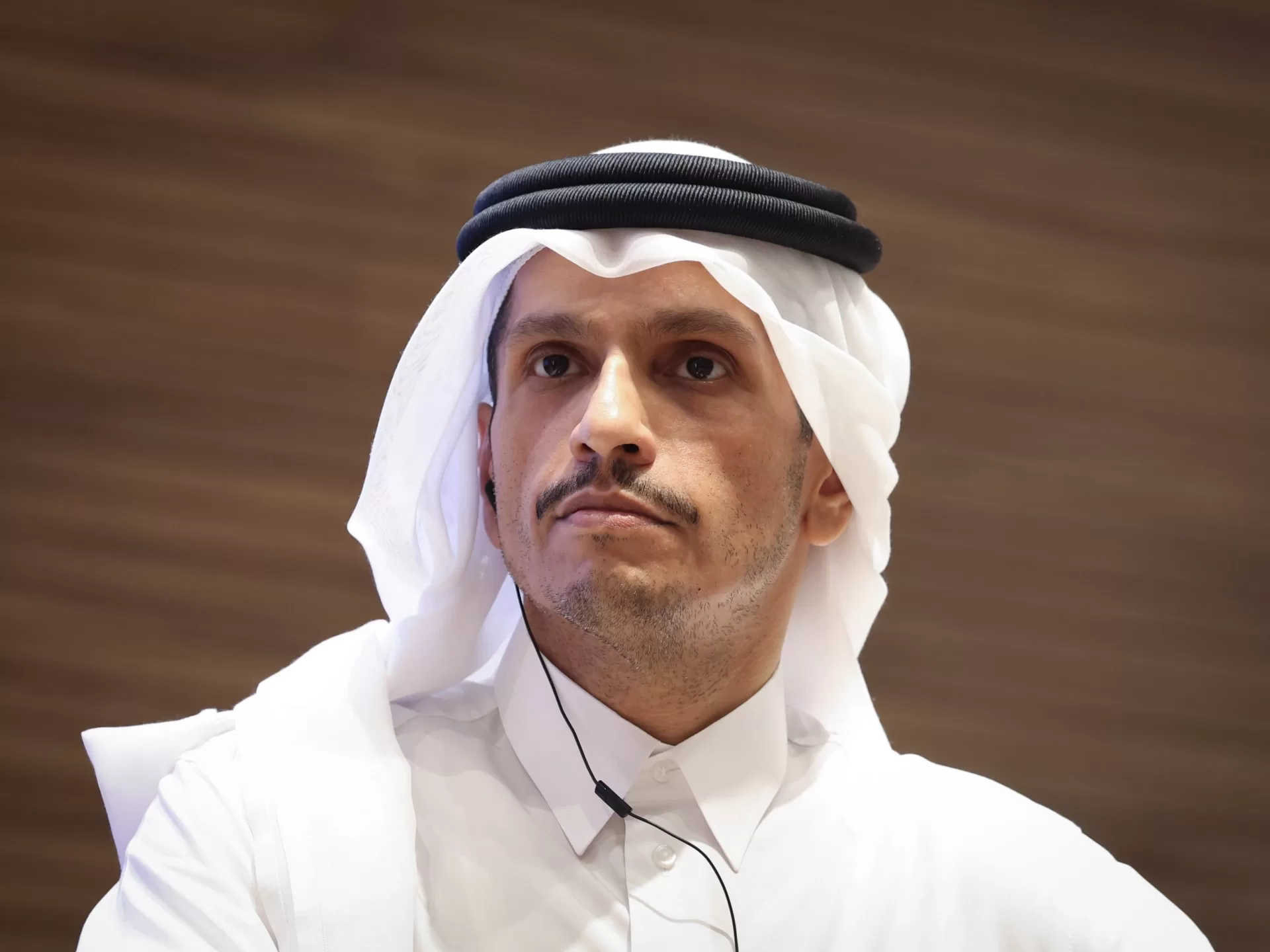Talks involving officials from Qatar, Egypt, Israel and the US have so far not yielded a deal for a pause in the Israeli attacks.
The talks, which involved officials from the United States and Egypt, have so far failed to produce results as Hamas and Israel have highly diverging views.
“The pattern in the last few days is not really very promising but … we will always remain optimistic and will always remain pushing,” Sheikh Mohammed, who is also the foreign minister of Qatar, playing a key mediator, said at the Munich Security Conference on Saturday.
He added that since the scale of this proposed agreement is much larger than the one reached last year, which included a temporary ceasefire and exchange of prisoners, challenges are expected.
Al Thani also cited a lag in the “humanitarian part” of the negotiations: Hamas wants Israel to withdraw from Gaza and allow more humanitarian aid into the enclave, but officials in Tel Aviv have called those “delusional demands”.
Osama Hamdan, a senior spokesperson for Hamas, told Al Jazeera: “The main point of disagreement is Netanyahu and his games. He is trying not to have any arrangements or agreements. That is clear.”
Hamdan added that Hamas chief Ismail Haniyeh had shown a “positive position” towards negotiations and “willingness” to achieve a ceasefire in a statement on Saturday that said the group wants a complete cessation of Israeli attacks on Gaza.
Israeli Prime Minister Benjamin Netanyahu on Saturday said a new deal “does not appear very close” while again opposing a two-state solution backed by Tel Aviv’s allies in the West, along with countries in the region.
“How can we give recognition to such a state after the massacre of October 7? This would be a reward for terrorism,” he said during a televised address in reference to the Hamas attack that Israel has been retaliating for since.
Israeli leaders have remained adamant on their plans to launch a ground invasion of Rafah, the southernmost area in Gaza where more than 1.4 million of the total 2.3 million population has been forcibly displaced, despite international pressure.
Israeli attacks continue
Israeli forces killed dozens of people on Saturday and Sunday in intense bombings and ground assaults on southern Gaza, according to Al Jazeera journalists reporting from the ground.
The Ministry of Health in Gaza has put the death toll since the start of the war at about 29,000 people, with thousands still missing and many injured.
However, the US has indicated that it will veto a ceasefire resolution proposed by Algeria in the United Nations Security Council, as US Ambassador to the UN Linda Thomas-Greenfield said in a statement late on Saturday.
“Should it come up for a vote as drafted, it will not be adopted,” Thomas-Greenfield said, adding that it “may run counter” to talks between Hamas and Israel.
The US has previously used its veto to prevent the UNSC from passing resolutions calling for a ceasefire in Gaza.
The International Court of Justice (ICJ) will begin public hearings on the legal consequences of Israel’s occupation of Palestine on Monday. Fifty-two states, a record number, will present their arguments.
The UN General Assembly voted to ask the ICJ for an advisory opinion on the occupation in December 2022.
This is separate from South Africa’s recent filing against Israel under the genocide convention.
